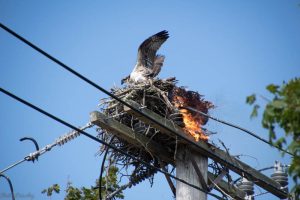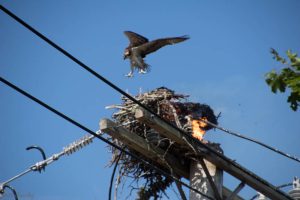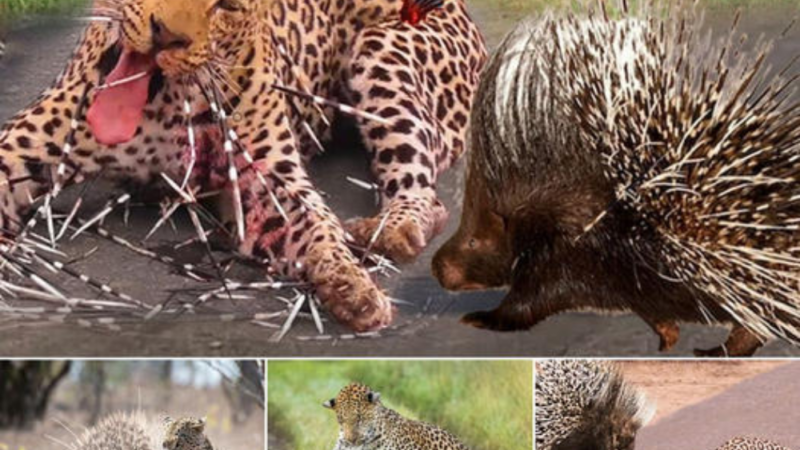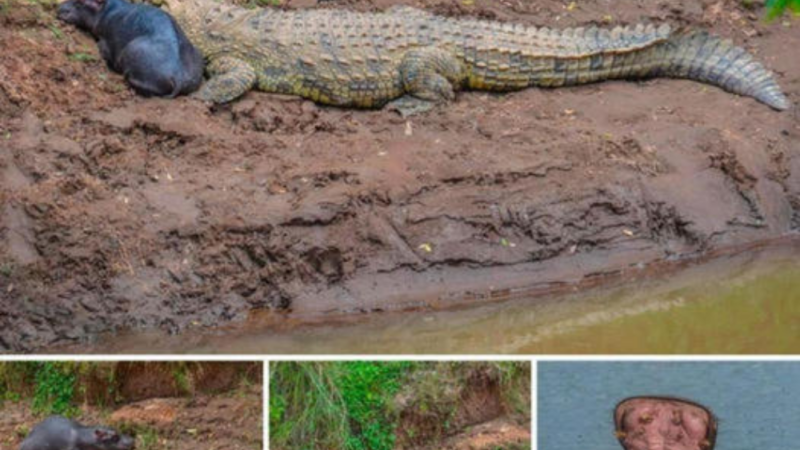Osprey Family Reunion: Baby Ospreys Rescued from Blaze Return Safely to Nest, Reunited with Overjoyed Parents


Two baby birds barely bigger than a ball of feathers have been reunited with their parents in a brand new home after they were rescued — smoky and singed — from their fiery nest in Musquodoboit Harbour, N.S., two weeks ago.

The reunion was a collaborative effort between firefighters, the Hope for Wildlife rescue organization, Nova Scotia Power and the Department of Natural Resources.
The fluffballs’ misadventure was likely sparked by an unlikely culprit — their parents.
Steve Stubbert, the captain at the fire station in Musquodoboit Harbour, said crews got a report of a utility pole on fire on June 26.

Ospreys often build their nests on top of power poles. It is generally not a problem unless more than one wire is touched at the same time, Stubbert says.
“At some point, with the nest complete and babies in the nest, they laid a stick across that made connection between two wires and that arced and caused the nest to catch on fire.”
Stubbert says the parents flew around frantically as the nest burned.

“Occasionally they would land in the nest, but could only stay in the nest for … a few seconds,” he says. “They didn’t seem to have the ability to lift the chicks out and do anything for them. So they were kind of helpless, even though they were trying their best to deal with it.”
Once Nova Scotia Power arrived to disconnect the electricity, crews removed the chicks from the nest, placed them in a box and handed them off to firefighters. They then had to destroy the ospreys’ flaming home.
Stubbert says he placed the birds in a quiet area of the fire station and tucked a blanket around them.

“They had lost a little bit of that little down type of feather that they have when they’re really young, got kind of singed off. So they had that kind of burnt hair smell.”
Someone from Hope for Wildlife arrived within the hour to take the babies under their wing.
Hope Swinimer, the rescue centre’s director, says the birds were only about two weeks old, since they still had their egg teeth, a small protrusion on the beak that helps them crack their egg so they can emerge.
The birds appeared to be uninjured, Swinimer says, and her team fed the chicks pieces of fish to help them gain weight and strength.





